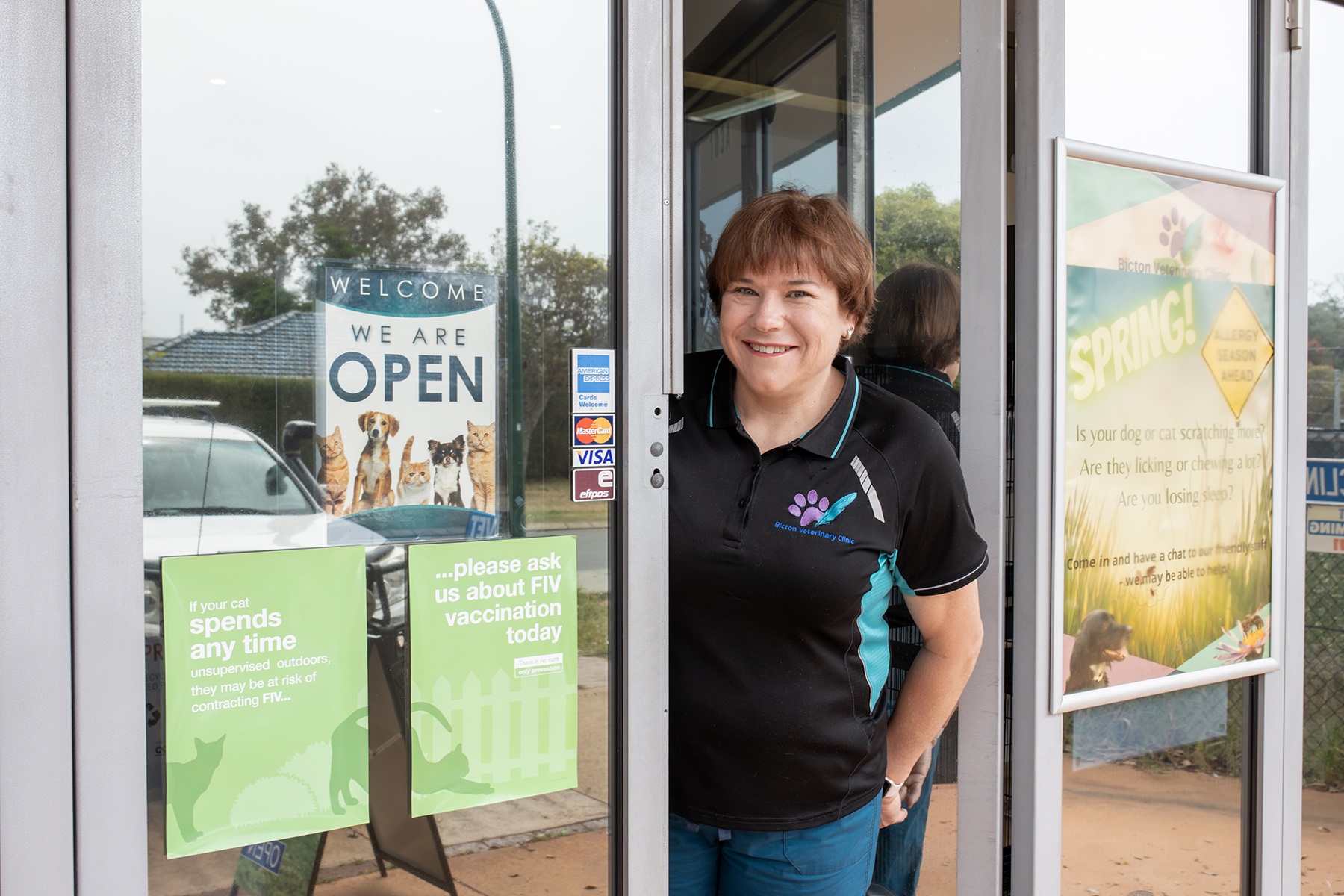Before entering into a lease you will have an opportunity to negotiate with the landlord (or their agent) to reach an agreement that meets your business needs.
It is important to understand and consider some key leasing matters before starting negotiations.
It is important to seek financial, legal and business advice before entering into a lease and that you understand your rights, liabilities and obligations.
What can I negotiate?
In theory everything is negotiable. Rent, term of the lease, options to renew, operating expenses and related costs can be negotiated with the landlord. Negotiations could require you to go back and forth with the other party. Be prepared to allocate sufficient time to negotiate. Do not be pressured into signing a lease without first seeking legal, business and financial advice.
Usually a lease will be prepared by the landlord’s solicitor and contain terms and conditions that are acceptable to the landlord. The extent to which these terms and conditions can be negotiated will depend on a range of factors including:
- competition or demand for the premises
- the landlord’s financial situation
- your desirability as a tenant; this may include your potential to meet your obligations, or to attract clients or other tenants to the location or the landlord’s future intentions for the premises
Tip
Although a lease may be presented as ‘standard’ you can still negotiate changes to this type of contract if required.
Before starting negotiations seek financial advice to work out how much you can afford to spend on leasing the premises. You should also consider the terms and conditions of the lease and what you are prepared to accept.
Think about engaging someone with experience in leasing business premises to help you negotiate your lease, particularly if you are not good in face-to-face negotiations.
Negotiating a good lease is vital to the success of your business. Some key negotiation tips include:
- be clear on your financial bottom line before you start negotiating (but don’t share the information with the other party)
- don’t let your emotions interfere with negotiations
- allow sufficient time to consider the terms and conditions of the lease to identify what is acceptable and what is not
- seek legal, financial and business advice on the lease
- ensure that everything discussed and agreed is put in writing - take nothing on trust
- be prepared to walk away from negotiations if necessary
Tip
Make sure the other party understands that all negotiations are subject to and conditional upon the approval of your lawyer and financial adviser.
Terms and conditions of a lease
The terms and conditions of your lease are critical to the success of your business. Getting these right from the beginning will help safeguard against future problems or issues.
Generally, terms and conditions of a lease should provide:
- security of tenure for the desired time
- an affordable rent for the duration of the lease
- provisions (clauses) that will not interfere with the day-to-day running of the business or impose excessive financial burdens
- the ability to operate a profitable business
- protection from competition; this is particularly important if the premises are in a shopping centre or group of shops owned by the same landlord.
Our publication How to negotiate your way to a better retail lease explores these matters in more detail.
Main issues to consider
Some of the key terms and conditions typically included in a lease are:
- lease duration (or term) and options to renew
- rent and rent reviews
- permitted use
- tenancy mix and competition
- fixtures and fit-out
- costs
- repair and maintenance
- assignment and sub-leasing
- default and breaches
- redevelopment and relocation
- termination
Our information on understanding commercial leases provides more detailed information about each of these matters - familiarise yourself with them before starting negotiations.

small business helpline
Looking for additional leasing information?
If you still have a question about leasing, our specialist commercial tenancy advisers are here to discuss any questions or concerns.




